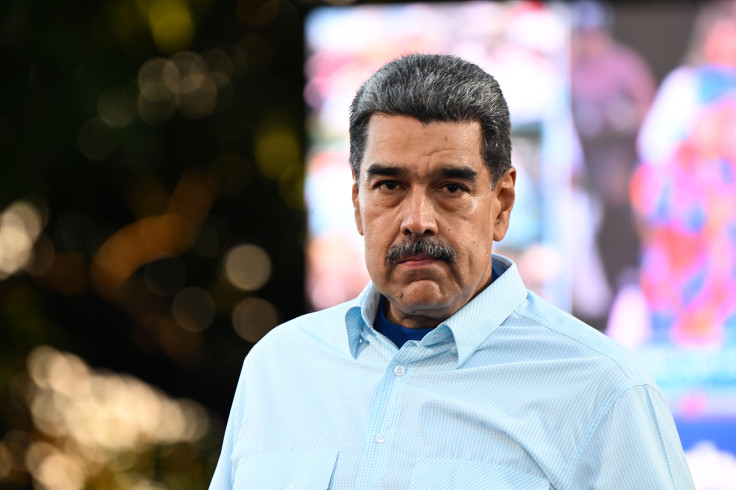
U.S. oil executives and bondholders are reportedly pressing President-elect Donald Trump for a change in policy toward Venezuela as he prepares to take office. Concretely, they are urging for a departure from the "maximum pressure" strategy aimed at removing Venezuelan President Nicolás Maduro and instead, they propose a pragmatic deal: increased Venezuelan oil exports to the U.S. in exchange for reduced outward migration and willingness to take deportees.
The push, reported by the Wall Street Journal, comes as Maduro has consolidated his grip in Venezuela after clinging on to power following contested elections in July, where his regime claimed victory without presenting supporting evidence. Opposition figures continue to challenge the results, and Maduro has intensified his crackdown on dissent, threatening further arrests as the date set for the inauguration looms large.
Prominent business figures in the U:S., including GOP donor Harry Sargeant III, are at the forefront of lobbying efforts to the aforementioned end. Sargeant's company recently facilitated a shipment of Venezuelan asphalt to Florida, the first such delivery since U.S. sanctions were imposed in 2019.
Advocates argue that reengaging with Venezuela could lower energy costs and stem migration while countering geopolitical rivals like China and Russia, which have expanded their influence in Venezuela in particular and the region in general.
However, critics warn that easing pressure on Maduro risks undermining U.S. support for democracy in Venezuela. Analysts also note that sanctions have failed to dislodge Maduro but have worsened economic conditions, contributing to the mass exodus of nearly eight million Venezuelans, including about 700,000 now in the U.S.
The Trump transition team, led by figures known for hardline stances against authoritarian regimes, has signaled skepticism toward a policy shift. Florida Senator Marco Rubio, Trump's nominee for secretary of state, is a vocal advocate for maintaining sanctions.
Despite these positions, Maduro has expressed openness to a reset in relations, suggesting a "win-win" scenario with the new administration. Venezuelan officials reportedly believe that facilitating oil exports to the U.S. and resuming deportation flights could align with Trump's policy goals.
Venezuelan opposition figures and activists are warning against engagement with Maduro. They say that improved oil revenues will not alleviate the systemic corruption and repression, main drivers of migration. Opposition leader María Corina Machado, in hiding since Maduro's renewed crackdown on dissent, recently called on Trump to intensify pressure on Maduro, framing the effort as an opportunity for "an enormous foreign policy victory in the very, very short term."
Machado argued in an interview with The New York Times that Maduro's government is weak, facing internal fractures, public rejection, and financial collapse. She believes a renewed international campaign, in which Trump could play a prominent role, could force him to negotiate his departure.
© 2025 Latin Times. All rights reserved. Do not reproduce without permission.





